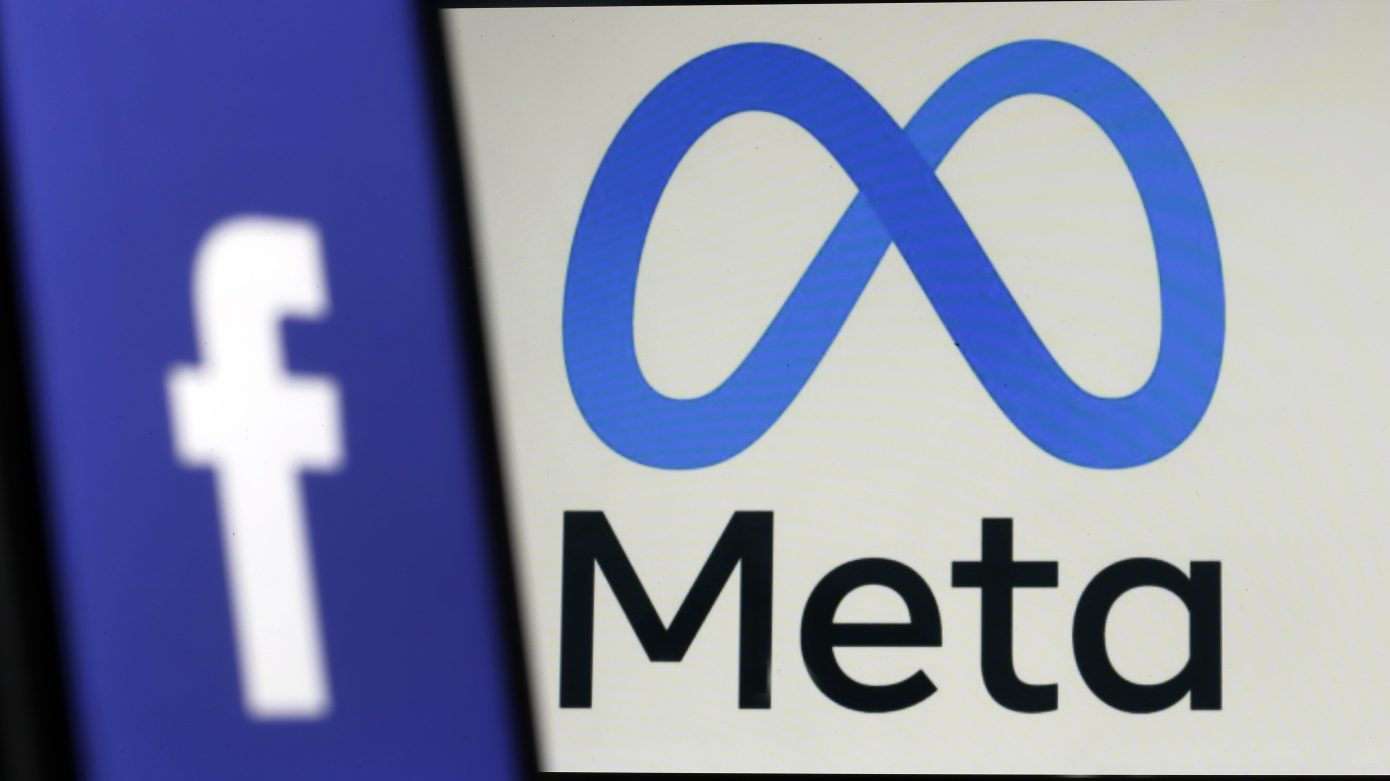Meta Faces $600M Claim in Spain Over GDPR Violations and Alleged Unlawful Competitive Edge

Meta, the parent company of Facebook and Instagram, is confronting a substantial legal challenge and a damages claim in Spain, alleging that the tech giant's prolonged violation of European Union data protection rules not only breaches privacy but also constitutes a competition breach, warranting financial compensation.
The lawsuit is initiated by AMI, an association representing over 80 newspaper owners, including publishers of renowned newspapers such as El País, ABC, and La Vanguardia. Seeking more than €550 million (approximately $600 million), AMI accuses Meta of "systematic and massive non-compliance" with the EU's General Data Protection Regulation (GDPR).
According to the litigants, Meta consistently failed to adhere to EU data protection laws, ignoring the requirement for user consent in data processing for advertising profiling. They argue that Meta's extensive use of personal data, tracked without consent, provided the company with an illegitimate competitive advantage in the advertising space market.
The lawsuit contends that 100% of Meta's regional revenue during the specified period was unlawfully obtained. Notably, this legal action spans Meta's ads processing activities from the initiation of GDPR in May 2018 to the end of July last year. However, the complainants are open to extending the timeframe due to what they term as "Meta's persistence in its non-compliance."
After a €390 million fine in January for GDPR violations, Meta changed its legal basis for ads processing twice. Initially, it claimed legitimate interests, but a separate competition and privacy challenge invalidated this basis. In November, Meta shifted to claiming consent as the legal basis, offering users a choice between a monthly subscription for an ad-free experience or agreeing to being tracked, despite GDPR's requirement of freely given consent.
The lawsuit also references an October 27 "urgent binding decision" by the European Data Protection Board, indicating the potential extension of the timeframe. Privacy and consumer rights groups are challenging Meta's latest approach to consent, arguing that the choice offered to users is illegal and unfair.
The legal battle underscores the ongoing challenges Meta faces in Europe, as regulatory bodies and private entities scrutinize its data processing practices.








